Tocantins
J-REDD Project
A state-wide REDD+ program in Brazil
The project
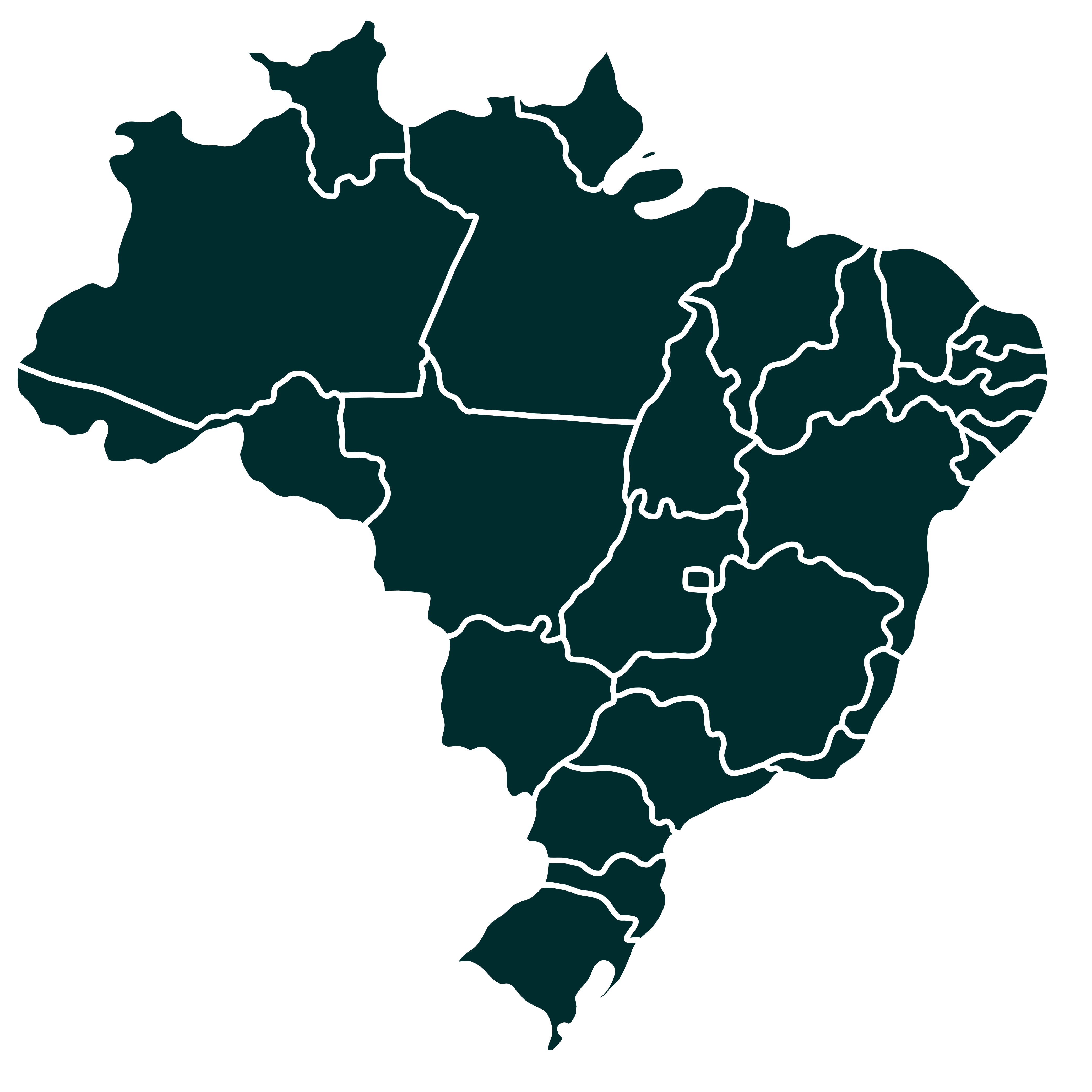
Tocantins
9 million hectares of Cerrado and Amazon biomes
The Tocantins J-REDD project is a state-wide, innovative public-private partnership to protect forests, reduce emissions, and promote sustainable agricultural practices. By leveraging jurisdictional carbon credits this program is able to generate funding to support green business opportunities and benefit farmers, indigenous peoples, and local communities, positioning the Tocantins state as a global leader in sustainable agriculture and forest conservation.
The project seeks to transform nature by incentivizing practices that conserve native vegetation and foster low-carbon development. Through collaboration with farmers, research institutions, and financial partners, the initiative will implement tools and strategies to promote sustainable development while preserving the region’s biodiversity. Tocantins is setting a new benchmark for balancing production with ecological responsibility.
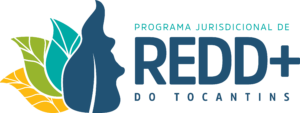
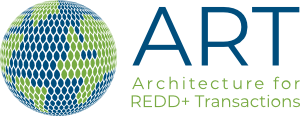
STANDARD
ART
PROTOCOL
TREES
CREDITS
TREES
(Reductions)
START YEAR
2020
FIRST ISSUANCE
2026
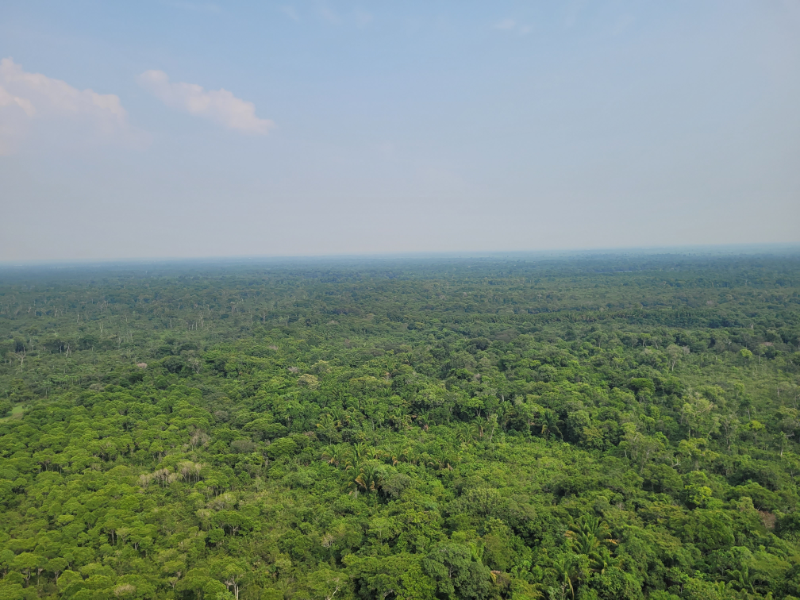
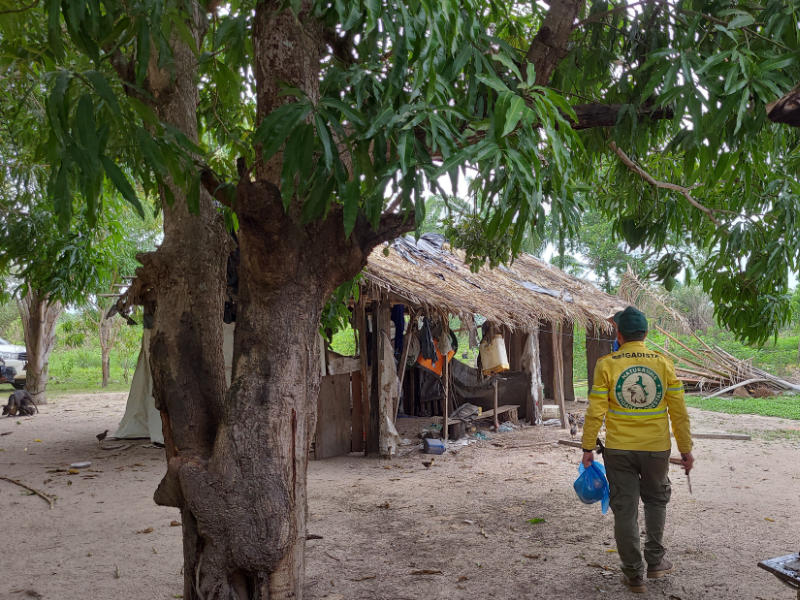

Activities
Working with Silvania, the Tocantins State government has committed to reducing deforestation and forest degradation through improved governance, stricter enforcement, and real-time monitoring of illegal activities. The initiative also focuses on reducing forest fires and promoting sustainable land management practices to preserve biodiversity and protect vital ecosystems.
Key pillars
Central to our activities is close collaboration with Indigenous peoples and local communities, combining modern conservation tools with community-driven solution to ensure that REDD+ activities provide meaningful incentives and benefits to those directly involved in conservation efforts.
The program also emphasizes capacity-building and education to support sustainable agriculture and forest management. Revenue from jurisdictional carbon credit sales will be reinvested into green business opportunities, benefiting Indigenous peoples, traditional communities, and family farmers.

Provincial REDD+ Strategy
A coordinated program to reduce illegal clearing, fires, and unsustainable agriculture by strengthening enforcement, promoting sustainable land use, and improving forest governance in collaboration with local partners.
One

Benefit Sharing Mechanism
A transparent system for distributing the benefits of REDD+ actions, including carbon credit revenues, to local and Indigenous communities. Incentives encourage conservation and help fund green economic activities.

Safeguards Information System
Implementation of the Cancun Safeguards to respect the rights and cultures of Indigenous Peoples and Local Communities. Stakeholder consultations ensure inclusive participation, shared ownership, and transparency.

Monitoring, Reporting and Verification
Advanced monitoring technologies track forest cover changes, verify emissions reductions, and provide credible, transparent reporting before results-based payments are made.
One

Nesting and exclusion regulations
Alignment of project-level activities with state REDD+ accounting systems ensures data consistency, prevents double counting, and meets national and international standards.

Biodiversity
Protection of Tocantins’ biodiversity across Amazon and Cerrado habitats, safeguarding species such as jaguar, maned wolf, Araguaia river dolphin, and Brazilian merganser, while maintaining healthy ecosystems.
Safeguards
The program will adhere to the Cancun Safeguards – a set of principles designed to ensure that REDD+ initiatives are implemented responsibly and equitably. This includes consulting with, and respecting, the rights of all relevant stakeholders, including Indigenous Peoples and Local Communities (IPLCs), whose traditional knowledge and stewardship are vital to the conservation of natural ecosystems.
It also covers protecting natural ecosystems, ensuring transparent governance and includes a benefits sharing mechanism.
Stakeholder consultations are central to the program’s implementation, creating a platform for inclusive participation and dialogue. Collaboration fosters a sense of shared ownership and responsibility that strengthens the program’s safeguards and builds trust.

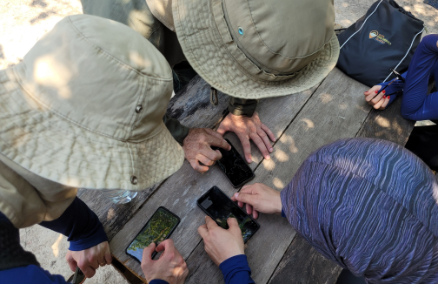
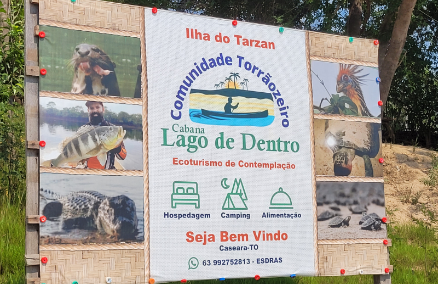
Storytelling
Tocantins’s pioneering jurisdictional forest protection program redefines how we value and protect nature at scale. Produced by Open Planet Studios and supported by Silvania, this film highlights bold, transformative action to protect Brazil’s forests, empower communities, and preserve the planet’s most vital ecosystems.
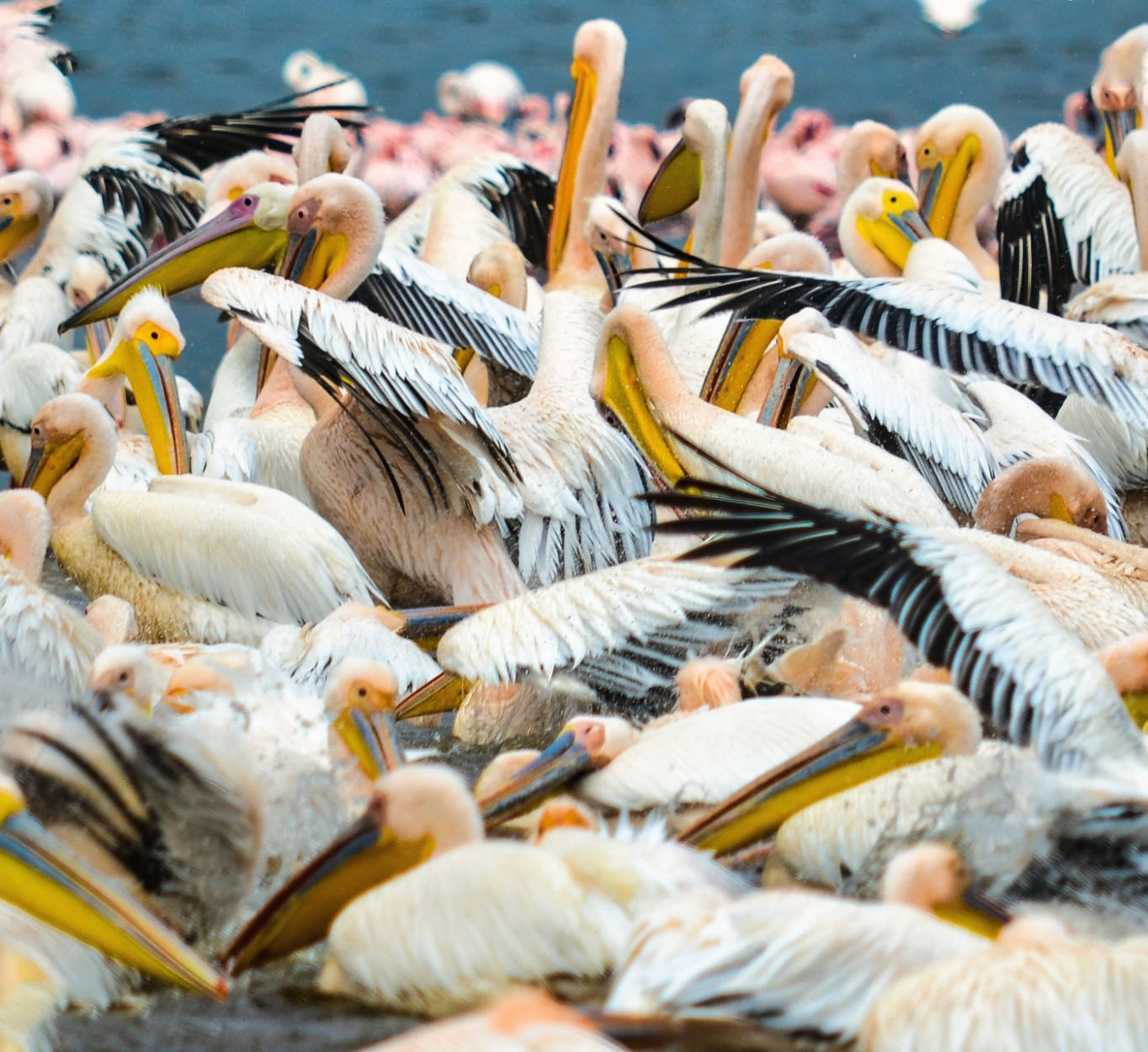
Ready to invest in the future of nature?
Silvania is building a new asset class rooted in nature — mobilising capital into high‑integrity projects that protect biodiversity, strengthen climate resilience, and deliver lasting benefits for communities worldwide.
Whether you are investing for long‑term value, sourcing premium environmental credits for your organisation, or simply wish to learn more, we invite you to start the conversation with us.
